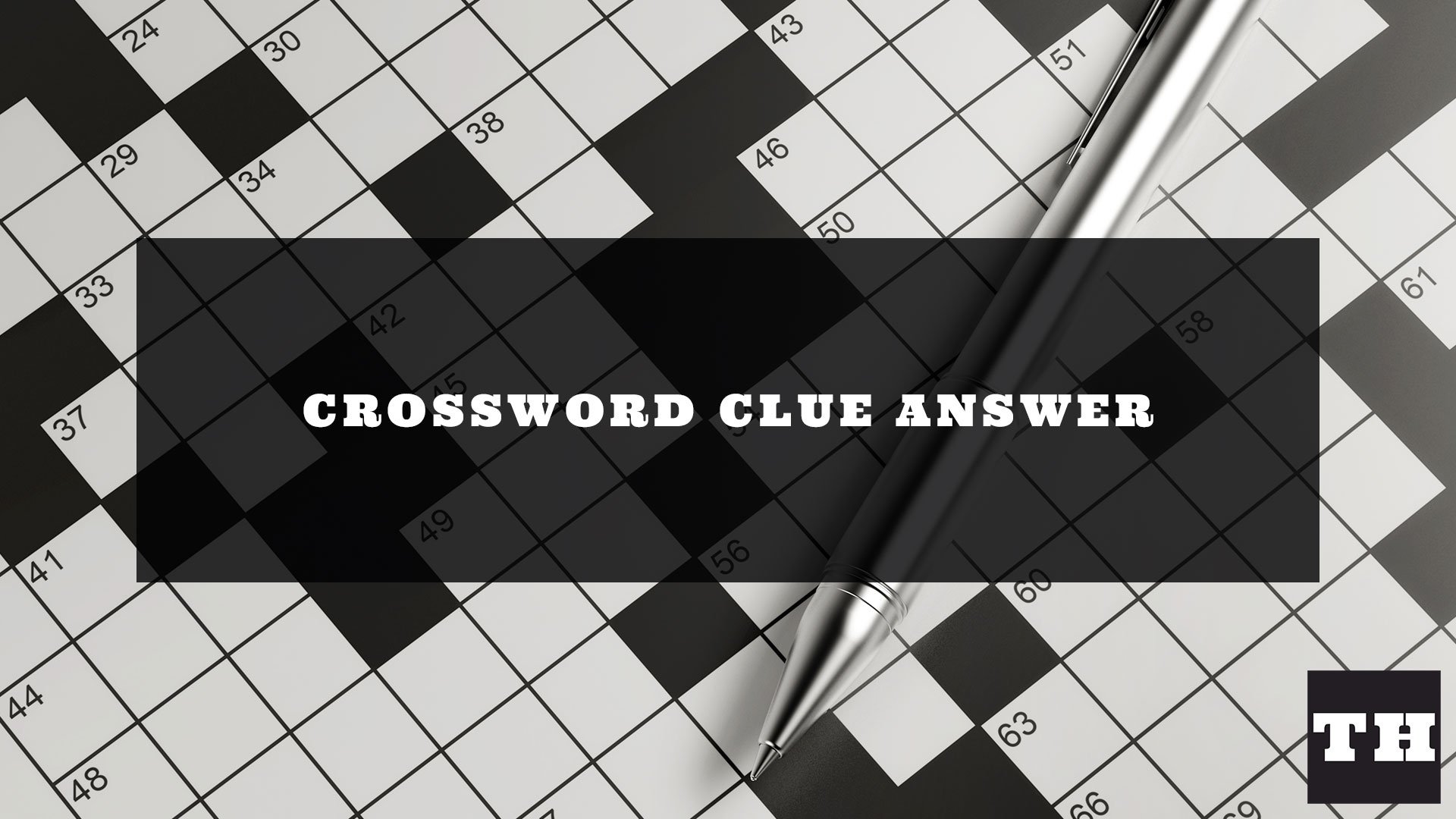In a recent interview, former Sony CEO Shawn Layden expressed concerns about the trend of industry consolidation in the video game industry. He believes that this trend is stifling creativity and innovation. He is particularly critical of the way that large publishers are acquiring smaller studios and then turning them into “gaming factory lines” that produce sequels and copycats.
According to the interview with TechDirt, Shawn doesn’t think buying development studios is always a good thing. To quote him:
“My concern around consolidation is that often it impacts creativity… What it does to the creativity urge inside of the studios, and can they keep that sort of independent creativity alive or do they just get absorbed into the larger whole? Time will tell, but it’s a bit concerning.”
Shawn Layden
Layden’s comments are timely, as the video game industry is undergoing a period of rapid consolidation. In recent years, a number of large publishers have acquired smaller studios, including Bethesda by Microsoft, Activision Blizzard by Microsoft, and Zynga by Take-Two Interactive.
Layden said about acquiring studios:
I’m also concerned when studios get bought and instead of enabling a way to create their game, they maybe get absorbed into a larger enterprise that’s making a larger game, you know, how many studios are involved in making blockbuster games that will stagger the mind… Time will tell, but it’s a bit concerning. When you go from hundreds of voices to dozens of voices, you lose some voices…
Shawn Layden
Layden’s concerns are valid because it leads to a snowball effect. Large publishers may be more focused on making safe bets and producing sequels rather than taking risks and innovating. So there is less incentive for innovation because that can be costly. Large companies can afford to charge higher prices because they have less competition. Large publishers may be more likely to focus on changing games to appeal to bigger audiences.
If you want an example, Assassin’s Creed is a great one. Even the new game can’t shake the chains of what the series has gone to and feels more like a sequel to Valhalla than the old Assassin’s Creed games. Assassin’s Creed Mirage feels like a fan trying to make a prequel to the original Assassin’s Creed. That’s because Ubisoft really wants to keep appealing to the mass market that has grown since changing the series.
It’s a delicate balance but even Layden knows it’s not a good thing when competition fades away.

